Time to make a change?
My wife and I had the opportunity to spend the weekend with our British friends living in Zurich, one of whom was here on business and her husband opted to tag along for the weekend. We then learned that another Colombian couple, also mutual friends, were in town visiting their daughters. We three partners used to be in a five-couple dinner club in Zurich. How serendipitous this was that so many of us were in the same area unexpectedly. The world is indeed a small place. We decided that we should all get together for lunch.
Over our meal we reminisced about the time we shared in Zurich and the friends we left behind. After some time, the conversation moved towards work and the goings on since we last met. The lunch party consisted of an economist, an urban redevelopment executive, a FMCG sales executive, two educators and me, the tech/supply chain exec turned indie author and hopeful consultant. We are surely not a representation of the total workforce, but rather cross-geography, cross-cultural cohort of friends that enjoy each other’s company.
From a career point of view, we had two things in common. First, was our age. We all were between forty-five and fifty-five. The second was that we all had been sacked! Moreover, the two couples that remained in Zurich also experienced their primary bread-winning partner being recently let go! This is remarkable... or is it?
One of my friends asked if our group was cursed, because of all of this misfortune?
This question really triggered my curiosity resulting in me doing some research to see if we were indeed unlucky, or part of a broader trend. The rest of this article explains what I found and is not intended to be “the answer”, but rather a “discussion starter” on the topic.
It is true that organizational stickiness has reduced for new workers. According to LinkedIn, over the last 20 years, the number of companies that people worked for in the five years after they graduated has nearly doubled. People who graduated between 1986 and 1990 averaged more than 1.6 jobs compared to workers who graduated between 2006 and 2010 averaging nearly 2.85 jobs.
You may say, as I did at first, that this is a millennial trend. Not so! This trend also holds true for older workers, at least here in the US.
According to the Bureau of Labor Statistics the average number of jobs a US worker born between 1957 to 1964 and held from ages 18 to 48 averages to be 11.7.
I must say that I was surprised by this statistic at first.
However, upon reflection, I am personally on this trend. I am in my mid-forties and since eighteen, I have worked for nine employers (four while I was at University and five since graduation).
But then, why so many job changes? This is far from being the “Company Man” of our parents’ generation; staying at one firm for the majority of, or for all, of your career. Was it because of constant restructuring, or something more?
Restructuring is part of the equation, but interestingly choice seems to be part of the equation also. In this interesting CNBC article Jennifer Liu explains that the number one reason why people made a significant career change was because they were unhappy in their previous job sector. This was followed by a tie between higher pay and greater flexibility. Liu goes on to say:
“a lot of workers are making that [career change] leap: Nearly half, 49%, of people said they’ve made a dramatic career shift, like from marketing to engineering, or from teaching to finance.”
So, in the end, the answer to my dear friend’s question is no, I don’t think we are cursed but rather we are confronted with a choice.
At times our firms’ ask us to leave, at other times we leave on our own accord. Irrespective of why we do it, many of us are making significant career changes well into our 40s, 50s and beyond.
Is this the new normal of work?
What is your experience? How do you manage mid-career transitions?
If you are interested in joining the conversation please follow us on our LinkedIn Business Page or at RPS.Academy.
Latest Blogs
How fast are you able to adapt?
Your Organizations Dance Card
The Power of Trust
Using Verbal and Non-Verbal Cues with RPS
The wide appeal of RPS




